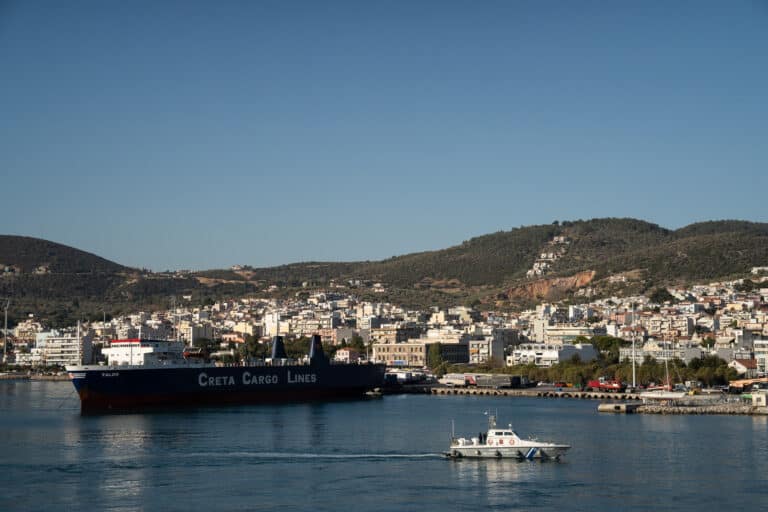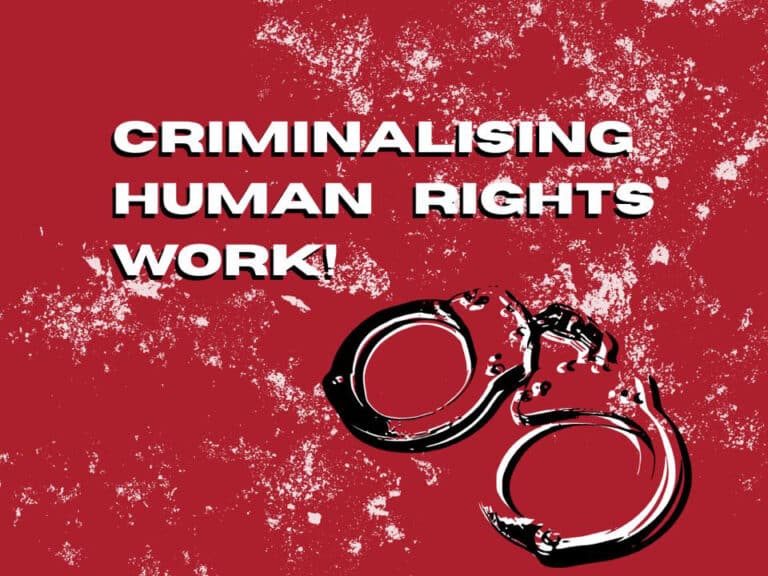I remember my first visit to the community of El Guayabo. We arrived on public transport speed boats that operate on the Magdalena River. I distinctly remember having to step off the boat’s bow and scramble up the banks of the river. I learned that the scramble was up a dike, which was the community’s attempt at protecting their farmland from Colombia’s longest river, eroding the riverbank. The rapidly shrinking glaciers on Nevado del Huila and the river dredging have been rapidly heightening the risk to river communities and the loss of their livelihoods. In the last fifteen years, the dike has been constantly rebuilt and moved inland, eating away at farm and pasture land.
Over the last few years, the dike was in such despair it created a climate humanitarian crisis where the farming community had to buy food they would have customarily grown. The flooding destroyed farmland and killed cattle. The local administration refused to respond to the crisis, leaving the community to fend for themselves. It was only after prolonged intensive advocacy efforts and protests that the dike was repaired.
The world’s poorest are bearing the effects of climate change, while fossil fuel companies have earned over a trillion dollars yearly for the last fifty years. This was reinforced last week at COP 29, where the question of Climate Finance was being negotiated. Less industrialised countries demonstrated that 1.3 trillion dollars would be required for meaningful climate action to allow countries to implement just transitions while moving to sustainable and cleaner energy. The assumption was that most financing would come from highly industrialised nations through grants and aid, to not further burden countries already suffering from extreme weather and climate-related disasters. At the end of the conference, 300 billion was pledged, leaving the poorest and colonised to bear the burden of a capitalist-driven colonial enterprise’s greed.
We cannot speak about climate change without talking about colonialism. When the Spanish arrived in South America, they floated up the Magdalena, passing El Guayabo, to get to El Dorado. They killed the now-extinct Yarigui people, who were the original inhabitants of the middle Magdalena region. They tore the thick forests and drained lakes in search of gold. Quenching the thirst for energy today is history repeating itself. Even green energy projects have proven violent and deadly for the marginalised. If we don’t centre the world’s most vulnerable in policies tackling climate change, we can never have a just transition to clean energy.
I remember watching the river flow by while picnicking with El Guayabo families on a picturesque afternoon. This image remains with me and makes me hopeful of what could be when we stand hand in hand with communities in resistance.




